
Unleashing the power of natural language generation, OpenAI’s ChatGPT has captivated the world with its versatility and conversational skills. From providing helpful recommendations to engaging in delightful conversations, ChatGPT has become an indispensable tool for many. But amidst its broad range of applications, one wonders: are there educational ChatGPT plugins available for those hungry for knowledge? In this article, we venture into the realms of knowledge-seeking to uncover whether ChatGPT can be harnessed as an educational companion. Join us on this journey as we dive into the world of educational enrichment through the lens of ChatGPT.
Table of Contents
- Understanding the Demand for Educational ChatGPT Plugins
- Exploring the Potential Benefits for Educational ChatGPT Integration
- Challenges and Considerations When Implementing Educational ChatGPT Plugins
- Recommendations for Effective Implementation and Integration of Educational ChatGPT Plugins
- Frequently Asked Questions (FAQ’s)
- Insights and Conclusions

Understanding the Demand for Educational ChatGPT Plugins
Are you in search of educational ChatGPT plugins? Look no further than https://chat.openai.com! With the rising popularity of AI-powered tools in the education sector, the demand for educational ChatGPT plugins has skyrocketed. Whether you are a student, teacher, or educational institution, having access to a reliable and versatile chatbot plugin can revolutionize the way you facilitate learning and engage with your audience.
**1. Enhanced Learning Experience:** Educational ChatGPT plugins offer an enhanced learning experience by providing an interactive platform for students. With their natural language processing capabilities, these plugins can understand and respond to students’ queries in real-time, offering personalized assistance and guidance. Students can ask questions, clarify doubts, and receive detailed explanations, all in a conversational manner.
**2. Accessibility and Convenience:** One of the greatest advantages of educational ChatGPT plugins is their accessibility and convenience. They can be integrated into various platforms, such as learning management systems or educational websites, allowing students to engage with the chatbot at their own pace and convenience. Whether it’s late-night studying or revision during weekends, students can access the plugin anytime, anywhere, ensuring uninterrupted learning.
**3. Instant Feedback and Assessment:** Educational ChatGPT plugins can also serve as powerful tools for instant feedback and assessment. By analyzing students’ responses and providing immediate feedback, these plugins can help identify areas of improvement and offer valuable insights for teachers. Moreover, they can generate quizzes, interactive exercises, and simulations, enabling students to test their knowledge and gauge their understanding of the subject matter.
**4. Engaging and Interactive:** Gone are the days of traditional learning methods. Educational ChatGPT plugins bring an element of interactivity and engagement to the learning process. With their conversational abilities, they foster a more natural and dynamic learning environment. Students can engage in discussions, debates, and even role-play scenarios, enhancing their critical thinking and communication skills.
**5. Personalized Learning:** Each student has unique learning needs and preferences. Educational ChatGPT plugins can adapt to these individual requirements, offering a personalized learning experience. By analyzing students’ interactions and learning patterns, the plugins can provide tailored content recommendations, adaptive quizzes, and customized learning paths, ensuring optimal learning outcomes.
With the educational ChatGPT plugins from https://chat.openai.com, the possibilities in the field of AI-powered education are limitless. Embrace the future of learning and unlock the potential of this innovative technology to revolutionize your educational journey.
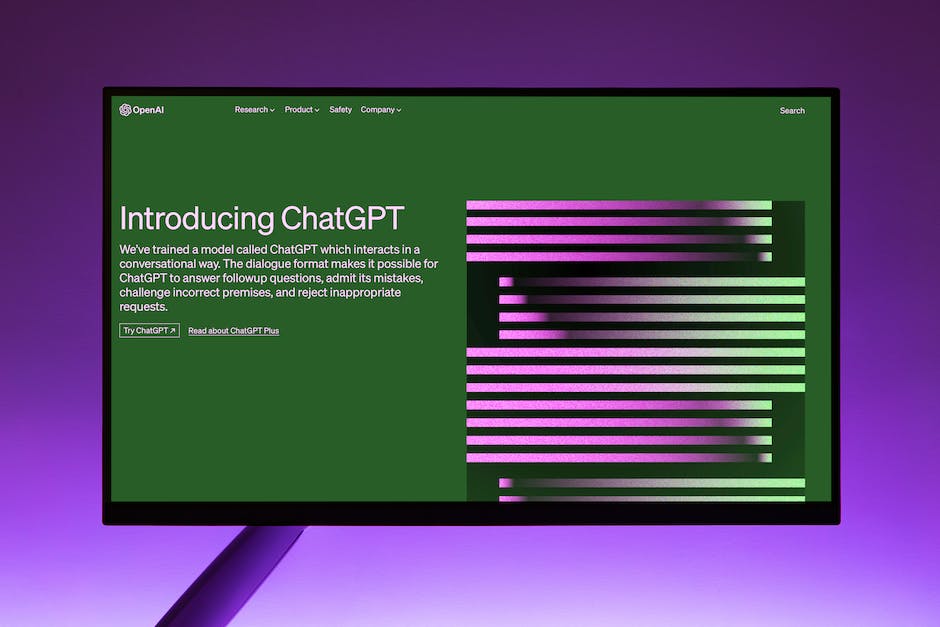
Exploring the Potential Benefits for Educational ChatGPT Integration
Are you curious about the availability of educational ChatGPT plugins? With the rapid advancement of artificial intelligence (AI) technology, many educators are excited about integrating OpenAI’s ChatGPT into the educational landscape. This powerful language model has the potential to revolutionize teaching and learning by offering interactive and dynamic conversational experiences. Let’s dive into some of the potential benefits that educational institutions and students can derive from integrating ChatGPT into their learning environments.
Enhanced Learning Interactions: One of the primary advantages of incorporating ChatGPT into education is that it can greatly enhance learning interactions. By leveraging the power of natural language processing, ChatGPT can engage in dynamic and responsive conversations with students. This conversational experience can not only increase student engagement but also provide personalized feedback, explanations, and clarification. Students can have their questions answered in real-time, fostering a more interactive and immersive learning environment.
24/7 Availability: Educational ChatGPT integration can extend the learning experience beyond traditional classroom hours. With ChatGPT, students can access on-demand support and guidance anytime, anywhere. The platform offers 24/7 availability, allowing learners to seek assistance at their own convenience. Whether a student is grappling with complex concepts late at night or needs clarification during weekends, ChatGPT can provide instant responses and valuable insights, enabling a seamless learning experience.

Challenges and Considerations When Implementing Educational ChatGPT Plugins
When it comes to implementing educational ChatGPT plugins, there are several challenges and considerations that developers need to be aware of. While these plugins have the potential to greatly enhance the learning experience for students, it is important to address certain factors to ensure their effectiveness and usability.
1. Ethical concerns: As with any AI technology, ensuring ethical use is crucial. Educational ChatGPT plugins should be built with ethical guidelines in mind to prevent misuse of the technology. Developers must carefully consider issues such as privacy, data security, and amplification of biases to create a safe and inclusive learning environment for students.
2. Content accuracy and reliability: Another challenge is ensuring that the responses generated by the ChatGPT plugins are accurate and reliable. AI models like ChatGPT may not always provide correct or up-to-date information. Developers should put in place mechanisms to verify and validate the accuracy of responses, especially when dealing with educational content where accuracy is of utmost importance.
3. Context understanding: ChatGPT plugins need to have a deep understanding of the educational context in order to provide meaningful and relevant responses. Without context awareness, the plugins may generate inaccurate or irrelevant information. Developers should invest efforts in training the model on educational data and providing it with the necessary context to ensure better responses.
4. Feedback and improvement: Continuous feedback and improvement are vital to enhancing the performance and usability of educational ChatGPT plugins. Developers should actively seek feedback from users, including teachers and students, to understand how the technology can be improved. Regular updates and refinements based on user feedback can help address any limitations or challenges encountered during implementation.
5. Usability and accessibility: It is essential to consider the usability and accessibility of the educational ChatGPT plugins. The interface should be user-friendly, intuitive, and accessible to students with diverse needs. Developers should prioritize designing plugins that are easy to navigate, with clear instructions and features that enhance the learning experience for all students.
6. Integration with existing educational systems: Lastly, integrating ChatGPT plugins with existing educational systems is a challenge that needs careful consideration. Compatibility, scalability, and interoperability with Learning Management Systems (LMS) and other tools should be taken into account to ensure seamless integration and widespread adoption.

Recommendations for Effective Implementation and Integration of Educational ChatGPT Plugins
With the increasing popularity of online education, there is a growing need for interactive and engaging tools to support student learning. This is where educational ChatGPT plugins come into play. These innovative plugins, such as those offered by OpenAI on their platform https://chat.openai.com, harness the power of artificial intelligence to provide personalized and dynamic conversational experiences for learners.
When it comes to integrating educational ChatGPT plugins into online educational platforms or websites, there are several important recommendations to consider for effective implementation:
Clear Learning Objectives: Before integrating an educational ChatGPT plugin, it is crucial to clearly define the learning objectives and outcomes that the tool aims to achieve. This will help guide the development of tailored conversational experiences that align with educational goals.
Seamless User Experience: To ensure a smooth user experience, it is important to design the integration in a way that seamlessly blends the ChatGPT plugin with the existing educational platform. This includes providing clear instructions on how to access and use the plugin, integrating it with the platform’s user interface, and ensuring compatibility across different devices and browsers.
Effective Monitoring and Moderation: While ChatGPT plugins offer interactive learning experiences, it is important to have effective monitoring and moderation systems in place to ensure the safety and appropriateness of the conversations. Active monitoring, profanity filters, and user feedback mechanisms can help maintain a positive learning environment.
Continuous Improvement: Regularly collecting user feedback and analyzing data can help identify areas of improvement for the educational ChatGPT plugin. This feedback loop allows developers to iterate on the tool’s design, address any usability issues, and enhance the overall learning experience.
The integration of educational ChatGPT plugins, such as those found on https://chat.openai.com, have the potential to revolutionize online education by providing interactive and personalized learning experiences. By following these recommendations for effective implementation and integration, educators can unlock the power of AI-driven conversations and positively impact student learning outcomes.
Frequently Asked Questions (FAQ’s)
Q: Are There Any Educational ChatGPT Plugins?
A: Exploring the realms of education and advanced technology, we delve into the fascinating world of ChatGPT plugins that cater specifically to educational purposes. Let’s unravel the possibilities together!
Q: What exactly is ChatGPT?
A: ChatGPT is a state-of-the-art language model developed by OpenAI. It excels in generating human-like text responses to prompts and aims to engage users in interactive conversations. This innovative technology has immense potential to revolutionize various industries, including education.
Q: How can ChatGPT be applied in an educational context?
A: OpenAI’s ChatGPT can open doors to incredible opportunities in the realm of education. Imagine having a personal AI-powered tutor available 24/7, addressing students’ doubts, providing explanations, and offering additional learning resources. It has the potential to make education more accessible, engaging, and individualized.
Q: Are there any existing ChatGPT plugins tailored for educational purposes?
A: Yes, indeed! With the growing interest in the potential educational applications of ChatGPT, developers have started creating plugins specifically designed to enhance the learning experience. These plugins integrate ChatGPT seamlessly into educational platforms, serving as intelligent virtual assistants for students and educators alike.
Q: What features do educational ChatGPT plugins typically offer?
A: Educational ChatGPT plugins come with a plethora of features to optimize the learning process. These may include interactive quizzes, instant homework help, explanations of complex concepts, alternative perspectives on topics, and provision of relevant study resources. Some plugins even offer language learning assistance to aid in vocabulary acquisition and grammar practice.
Q: How do these educational plugins differ from regular ChatGPT?
A: Educational ChatGPT plugins are tailored to serve the specific needs of learners and educators. While the regular ChatGPT is a general-purpose language model without any specific focus, educational plugins adapt the underlying technology to provide optimized learning experiences. They ensure that the generated responses are educational, accurate, and relevant to the context of study.
Q: Can educational ChatGPT plugins be customizable?
A: Yes, many educational ChatGPT plugins offer customization options to align with individual users’ requirements. Teachers can define specific topics, customize responses, and even tailor quizzes to suit their curriculum. This allows for a personalized learning experience, which enhances student engagement and promotes deeper understanding.
Q: Are there any concerns regarding the use of ChatGPT in education?
A: While the potential of educational ChatGPT plugins is immense, there are some considerations to keep in mind. It is crucial to address issues like ethical deployment, potential biases in language generation, and the need for human supervision to ensure accurate information dissemination. OpenAI and developers continue to work on refining the technology to mitigate these concerns.
Q: What does the future hold for educational ChatGPT plugins?
A: The future seems promising for educational ChatGPT plugins. As developers and educators collaborate to harness the full potential of this AI-powered technology, we can expect continuous improvements, expanded functionalities, and wider integration into various educational platforms. With time, the possibilities for enhancing learning through these plugins will only grow.
Q: How can educators and learners benefit from educational ChatGPT plugins?
A: Educational ChatGPT plugins have the potential to be a game-changer in education. Teachers can provide personalized assistance to students, from homework help to one-on-one tutoring, while students can access on-demand, accurate information, and guidance. Furthermore, these plugins foster critical thinking, promote self-directed learning, and inspire curiosity, ultimately revolutionizing the educational landscape.
Q: In summary, what are the main takeaways about educational ChatGPT plugins?
A: Educational ChatGPT plugins represent an exciting frontier in education, coupling the power of AI with innovative teaching methodologies. They have the potential to offer personalized and engaging learning experiences, providing immediate support and feedback to both educators and learners. However, responsible development, continuous refinement, and ethical usage will be key factors in unlocking the full educational potential of ChatGPT plugins.
In Retrospect
In the age of advanced AI technology, our educational landscape is continuously evolving. From interactive virtual classrooms to personalized learning platforms, educators are constantly seeking innovative tools to enhance the learning experience. In this quest for educational excellence, the emergence of ChatGPT has sparked curiosity among educators worldwide.
ChatGPT, an AI-powered language model developed by OpenAI, has rapidly gained popularity for its ability to generate coherent responses and engage in meaningful conversations. But can it be harnessed to serve as an educational plugin, revolutionizing the way students learn? Are there any educational ChatGPT plugins on the horizon?
As we delve into the possibilities, it is important to acknowledge that ChatGPT, in its current form, is not explicitly designed as an educational tool. Its primary purpose is to generate human-like text based on provided prompts. However, with its vast potential for language processing and understanding, educational applications for ChatGPT are indeed being explored.
Imagine a future where ChatGPT becomes a seamless part of the digital learning environment. It could function as a virtual tutor, answering questions, providing explanations, and guiding students through complex concepts. Interactive lessons could be developed where students can engage in dynamic conversations with this AI companion, gaining instant feedback and personalized guidance. The possibilities are limited only by our imagination.
While the dream of educational ChatGPT plugins is yet to be fully realized, several initiatives are already underway. Researchers and developers are working tirelessly to create tailored versions of ChatGPT specifically designed to enhance learning experiences. These plugins aim to incorporate educational resources, curricula, and adaptive learning algorithms into ChatGPT’s functionalities, ensuring a more focused and productive educational interaction.
We must, however, approach this potential with caution. Integrating AI into education brings with it a set of challenges. Ensuring the privacy and safety of students, training AI to handle diverse learning styles, and addressing biases are just a few of the complexities that need to be carefully navigated. As with any technological advancement, ethics and responsible implementation take center stage.
In conclusion, while educational ChatGPT plugins may not be readily available today, the educational potential of this AI language model is undeniable. As we continue to research, innovate, and collaborate, we inch closer to a future where AI-powered educational tools play a transformative role in empowering learners. So, let us embark on this journey together, with curiosity, critical thinking, and an unwavering commitment to the pursuit of knowledge.


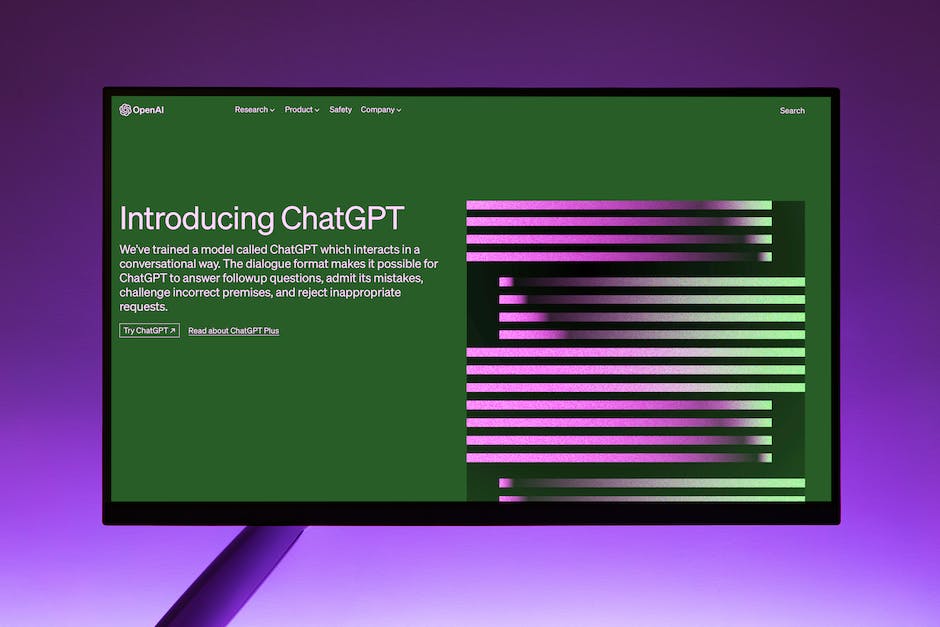
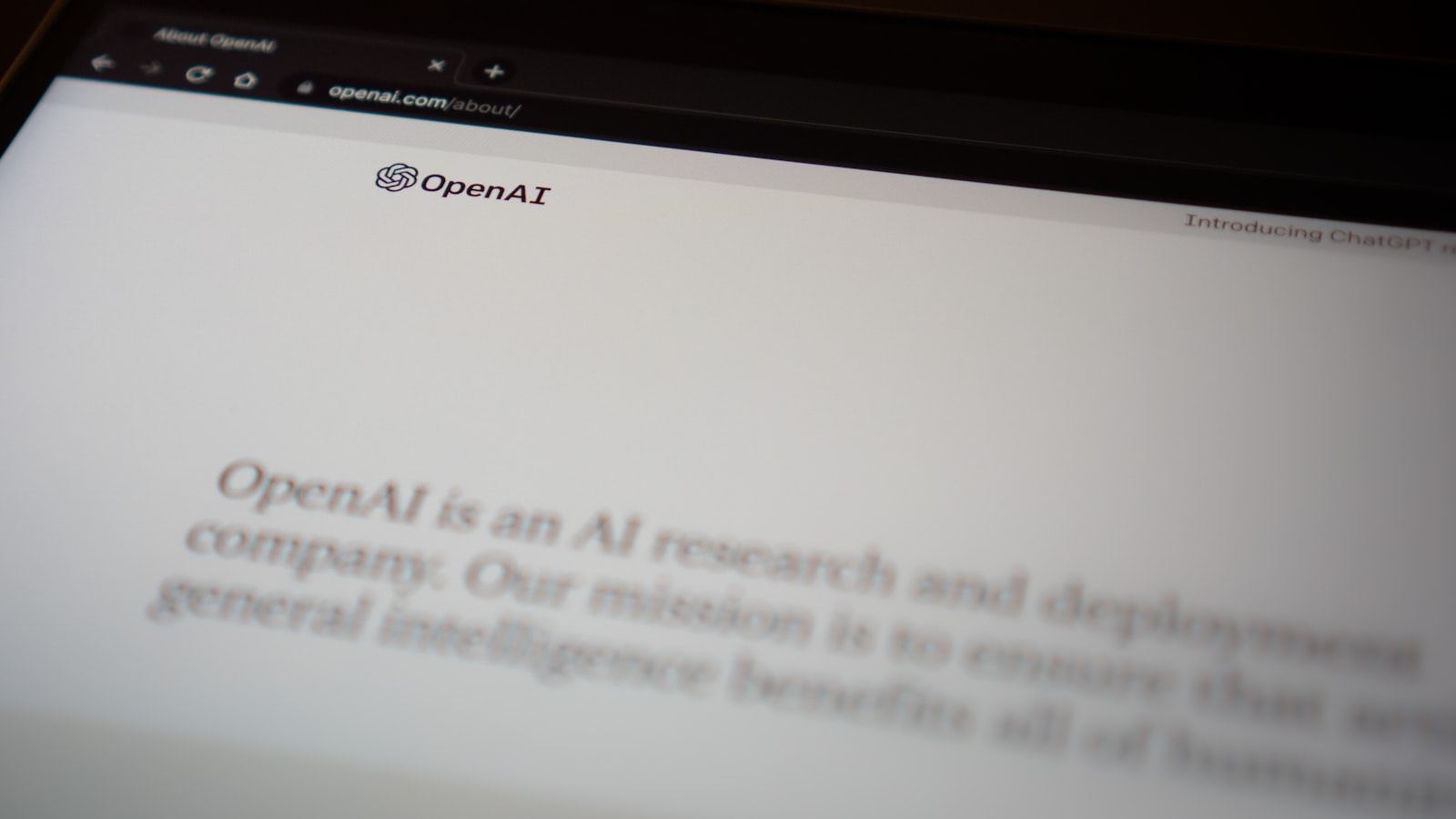


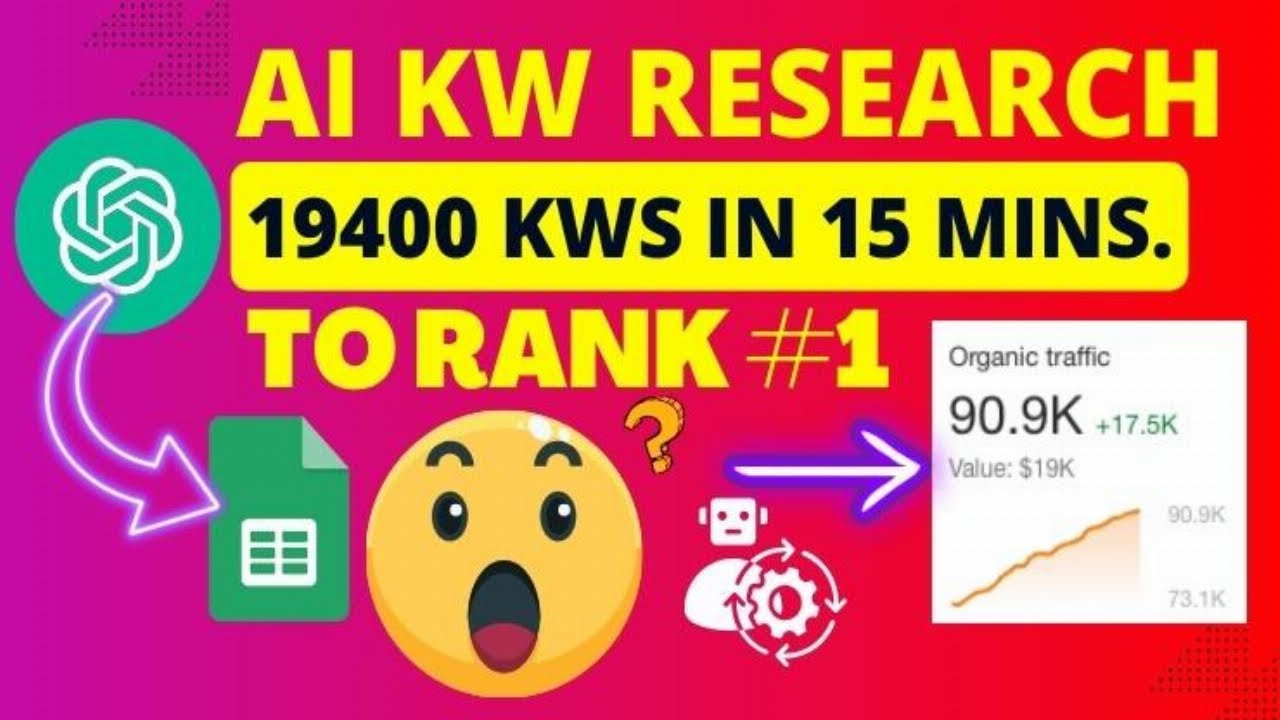
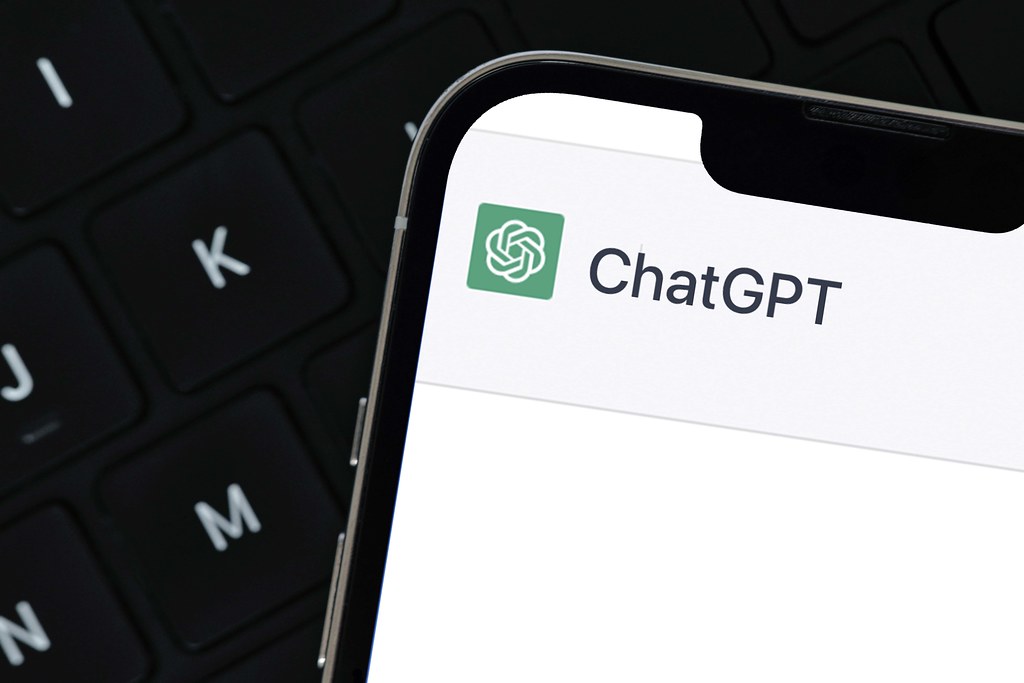
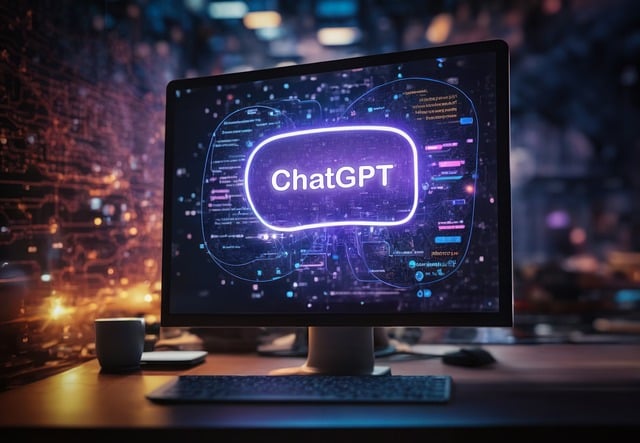
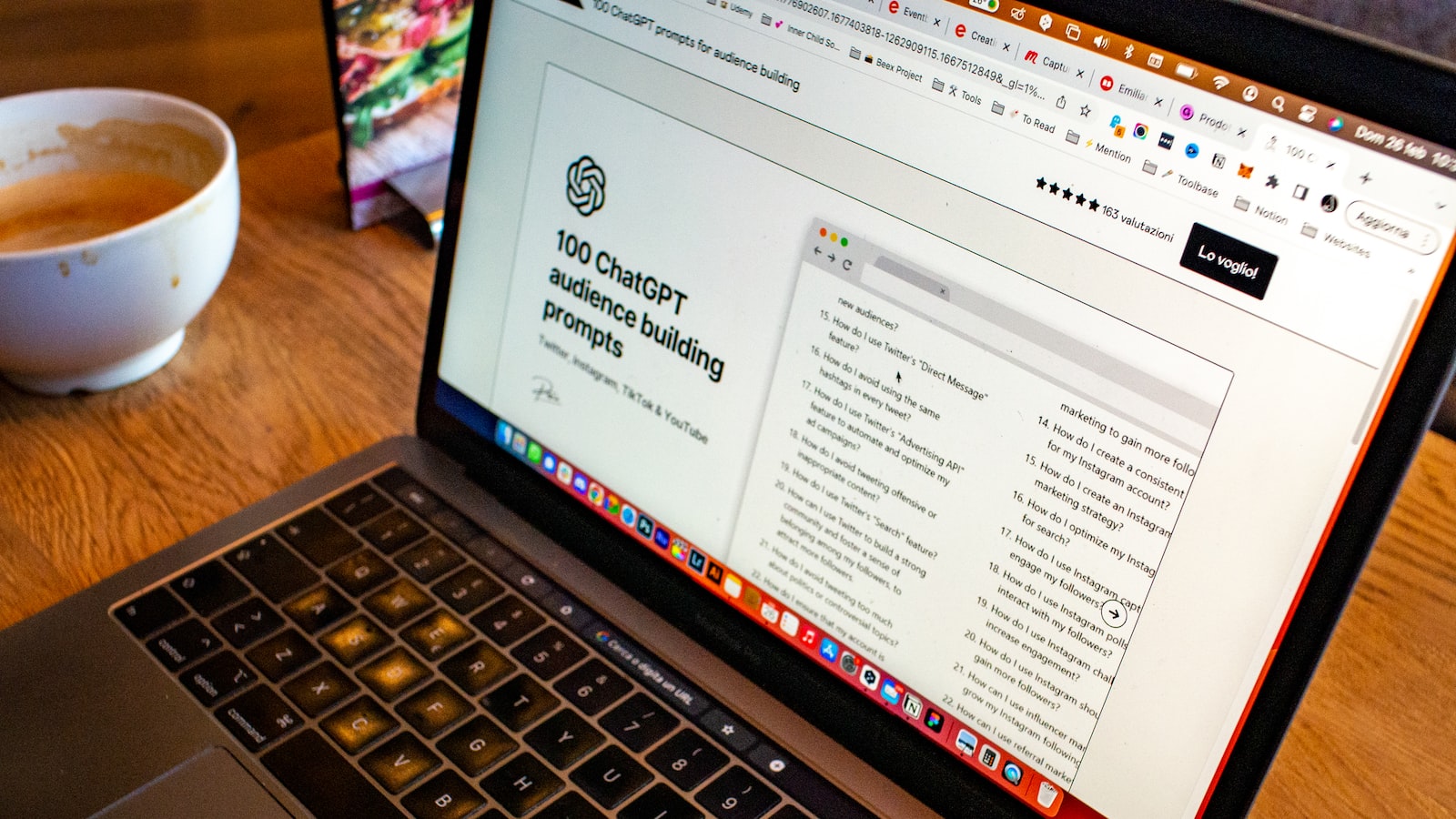









![MOUSOU THEATER 25 [Arino Hiroshi] – MOUSOU THEATER 25 | 3D Adult Porn Comics MOUSOU THEATER 25 [Arino Hiroshi] – MOUSOU THEATER 25 | 3D Adult Porn Comics](https://i0.wp.com/gedecomix.com/static/WP-manga/data/manga_62ed0df5a69d6/5408b2a7d2543b10f262299ffbed934b/1.jpg?w=60&resize=60,60)




Leave a Reply